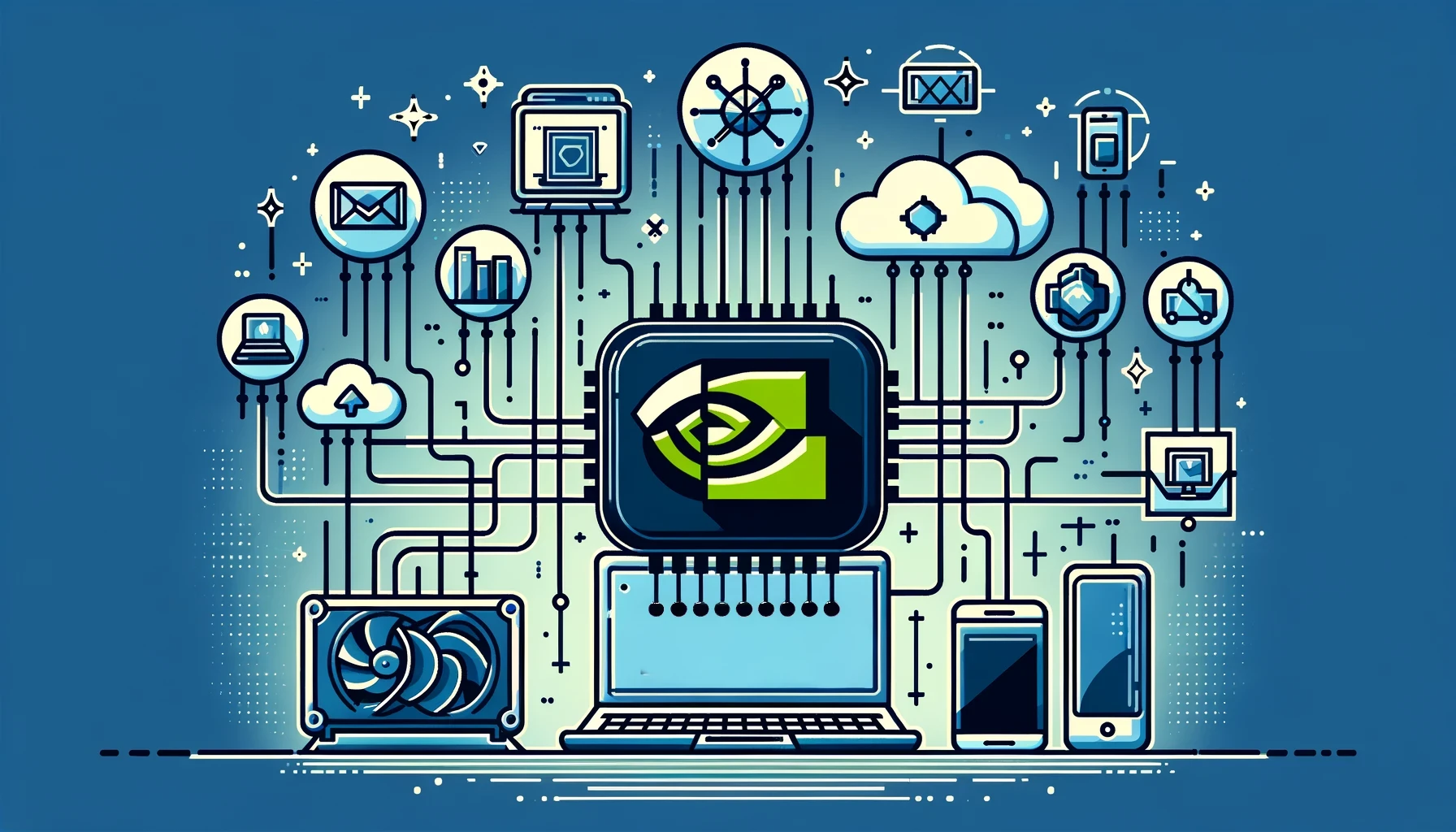
BENGALURU: In a significant move to challenge the dominance of Nvidia in the AI data center market, leading tech companies Meta, Microsoft, Advanced Micro Devices (AMD), and Broadcom have announced the development of a new industry standard for networking in AI data centers. This initiative, known as the Ultra Accelerator Link, aims to establish an open standard for communications between AI accelerators, essential systems for processing the vast amounts of data used in AI tasks.
The Ultra Accelerator Link group comprises several industry heavyweights, including Alphabet-owned Google, Cisco Systems, Hewlett Packard Enterprise, and Intel. The collective effort is a strategic attempt to diversify and enhance the networking capabilities within AI data centers, thereby reducing reliance on a single supplier.
Key Members of the Ultra Accelerator Link Group:
| Company | Industry Focus |
|---|---|
| Meta | Social Media and AI Research |
| Microsoft | Cloud Computing and AI |
| Advanced Micro Devices (AMD) | Semiconductors and AI Chips |
| Broadcom | Networking and Custom Chips |
| Google (Alphabet) | Search Engine and AI |
| Cisco Systems | Networking Equipment |
| Hewlett Packard Enterprise | IT Solutions |
| Intel | Semiconductors and AI Chips |
Key Features of the Ultra Accelerator Link:
- Open Standard: Promotes interoperability between different AI accelerators.
- High Performance: Designed to handle high-performance computing (HPC) and cloud applications.
- Scalability: Supports the growing demands of AI data centers.
- Availability: Specifications available to consortium members by Q3 2024.
Nvidia currently holds a significant market share in the AI chip industry, commanding approximately 80% of the market. This dominance is supported by its comprehensive networking business, which provides a crucial part of the AI infrastructure. By developing the Ultra Accelerator Link, the participating tech giants aim to introduce a competitive alternative, thereby mitigating their dependency on Nvidia.
For companies like Google and Meta, reducing reliance on Nvidia is not just about cost efficiency but also about fostering innovation through diversity in hardware solutions. Broadcom, which competes directly with Marvell Technologies in the networking and custom chip market, also stands to gain from this initiative.
“An industry specification becomes critical to standardize the interface for AI and machine learning, HPC (high-performance computing), and cloud applications for the next generation of AI data centers and implementations,” the companies said in a joint statement.
The AI sector is experiencing unprecedented growth, with tech companies investing billions into developing the hardware necessary to support AI applications. This surge in investment is driving the demand for AI data centers and the sophisticated chips that power them. The Ultra Accelerator Link group aims to create specifications that govern the connections among different accelerators in a data center, ensuring seamless communication and interoperability.
Key Objectives of the Ultra Accelerator Link:
- Standardization: Create a unified framework for AI accelerator communication.
- Innovation: Encourage technological advancements through open collaboration.
- Competition: Introduce alternatives to Nvidia’s proprietary solutions.
- Interoperability: Ensure different AI systems can work together efficiently.
The Ultra Accelerator Link specifications are set to be released in the third quarter of 2024 and will be accessible to companies that join the consortium. These specifications are expected to significantly impact the AI data center landscape by providing a standardized method for connecting various AI accelerators, enhancing overall system efficiency and performance.
Despite the significant implications of this development, Nvidia has chosen not to comment on the announcement. Similarly, Marvell Technologies has not responded to requests for comment, indicating a potential cautious approach towards the new standard by existing market leaders.
Potential Benefits of the Ultra Accelerator Link:
- Enhanced Performance: Optimized data processing and reduced latency.
- Cost Efficiency: Lower dependency on single-vendor solutions.
- Broader Adoption: Encourages more companies to develop AI technologies.
As the AI industry continues to evolve, the introduction of the Ultra Accelerator Link is poised to play a crucial role in shaping the future of AI data centers. By fostering an open, standardized approach to AI accelerator networking, the consortium aims to drive innovation, enhance performance, and ensure that the next generation of AI applications can operate seamlessly across diverse hardware platforms.
The forthcoming specifications in Q3 2024 will mark a significant milestone, potentially leveling the playing field and encouraging more companies to participate in the rapidly expanding AI ecosystem. This development underscores the industry’s commitment to collaborative innovation and its pursuit of creating more efficient and scalable AI solutions.
In summary, the establishment of the Ultra Accelerator Link represents a collective effort by major tech firms to create a more competitive and diversified AI data center market. With key players like Meta, Microsoft, AMD, and Broadcom leading the charge, the future of AI infrastructure looks promising, with increased performance, reduced costs, and greater innovation on the horizon.
Related News:
Featured Image courtesy of DALL-E by ChatGPT
